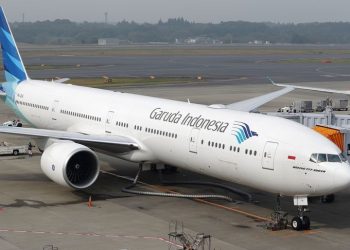Jakarta, IndonesiaSentinel.com — The Head of Indonesia’s Food and Drug Supervisory Agency (BPOM), Taruna Ikrar, has raised concerns about the high cost of medication in the country, Indonesia drug prices are up to 400% more expensive than other nations.
Taruna attributes the significant price disparity primarily to the heavy reliance on imported raw materials for drug production.
“President Jokowi mentioned that over 80% to 90% of the ingredients used in drug manufacturing here are imported,” Taruna stated in an official release on Wednesday, August 8, 2024.
He explained that because these raw materials are imported, foreign suppliers have the leverage to increase prices, which in turn drives up the cost of medications in Indonesia.
“If the raw materials are expensive, we have no choice but to sell the drugs at higher prices. It’s all interconnected. Following the President’s directive, I will make every effort to address this issue,” Taruna added.
Another contributing factor to the high drug prices in Indonesia is the substantial costs associated with promotion and advertising.
“Generally, drug prices in Indonesia are high due to promotional and advertising expenses. We need to work with companies to reduce these costs. The logic is simple—if advertising expenses are cut, prices can come down,” Taruna emphasized.
Indonesia Faces Over 1,200 Disasters in 2024, Dominated by Floods and Forest Fires
Furthermore, Taruna pointed out that the lack of widespread availability of generic drugs also contributes to the high cost of medication in Indonesia. Many non-generic drugs still hold patents, making them more expensive. He also noted that some individuals manipulate the market by packaging generic drugs to resemble patented ones, further inflating prices.
“Drugs can be categorized into three types: generics, which are cheap because their patents have expired; patented drugs, which are usually expensive; and some generics that are repackaged to look like patented drugs, resulting in inflated prices,” Taruna explained.
These factors combined underscore the complex challenges faced in reducing drug prices in Indonesia, an issue that the BPOM is committed to addressing.
(Agung)


























